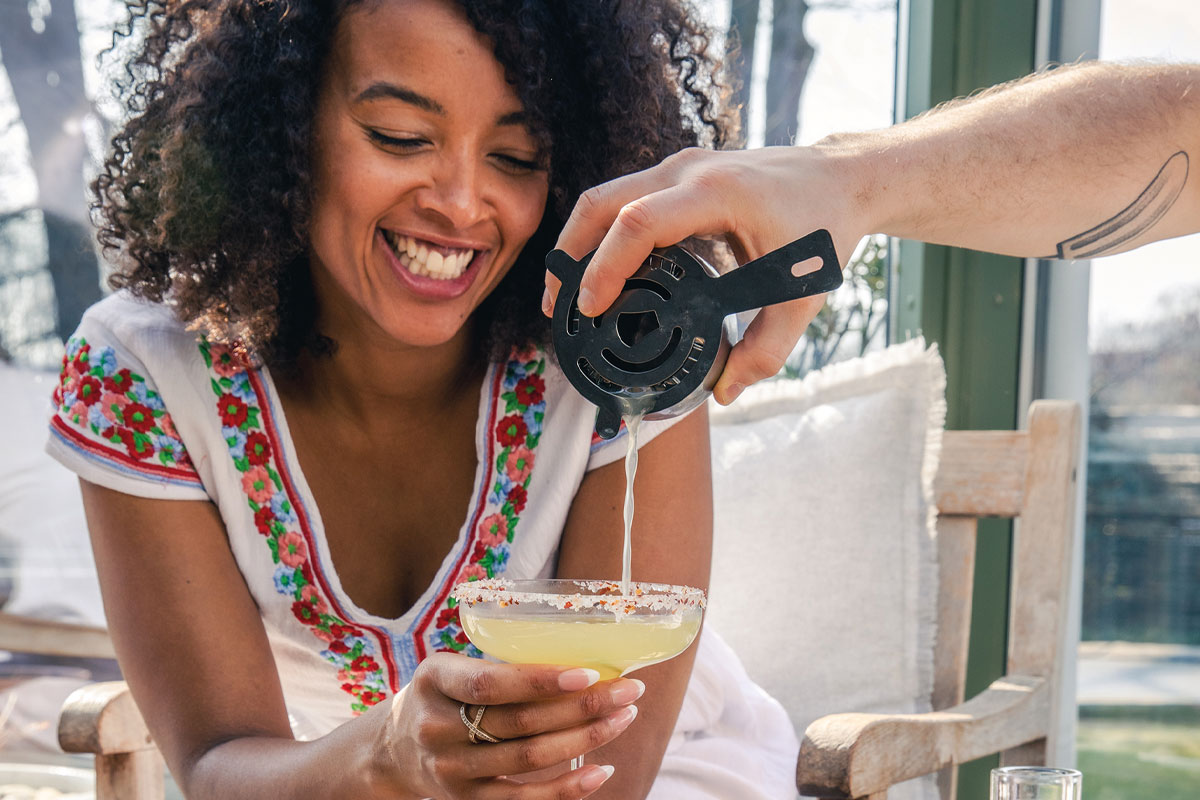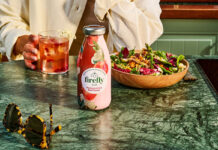
Nearly half of this era’s 18-to-24 year old demographic are now either an occasional or regular drinker of alcohol alternatives.
The Portman Group’s sixth annual survey in partnership with YouGov has found that young people have become the biggest consumers of low and no alcohol alternatives, with ‘huge’ growth in the number identifying as consumers of the category.
No less than 44% of 18-to-24 year olds surveyed said that they had drank alcohol alternatives occasionally or regularly, a sizeable increase on the 31% recorded in 2022.
This younger generation is now considered the most sober age group overall, with some surveys reporting that 39% of 18-to-24 year olds are not drinking alcohol at all.
But the Portman findings suggest that the existence of alternatives is contributing to increasing alcohol moderation amongst all UK drinkers – with a rise in respondents who have seen their alcohol consumption decrease as a result of low and no alcohol products (23% compared to 21% in 2022) and over a third (35%) of the total respondents surveyed saying that they occasionally or regularly drink alcohol alternatives – another significant increase from 2022’s 29%.
“Our research continues to tell a positive story of how low and no products have become an important and normal part of how the UK public moderate their drinking and tackle potential harm,” said Portman, which noted that 83% of respondents who had tried an alcohol alternative had done so through a product which shared branding with an alcoholic product.
CEO of the Portman Group, Matt Lambert, said: “It is welcome to see a further rise in the popularity of low and no alcohol alternatives as well as further evidence of how they are an important tool to help UK drinkers, particularly younger adults, to drink responsibly.
“Alcohol alternatives have never been more abundant and we eagerly await the outcome of the recent UK Government consultation on low alcohol descriptors, which we hope will further facilitate the growth of the UK low and no alcohol market.”























